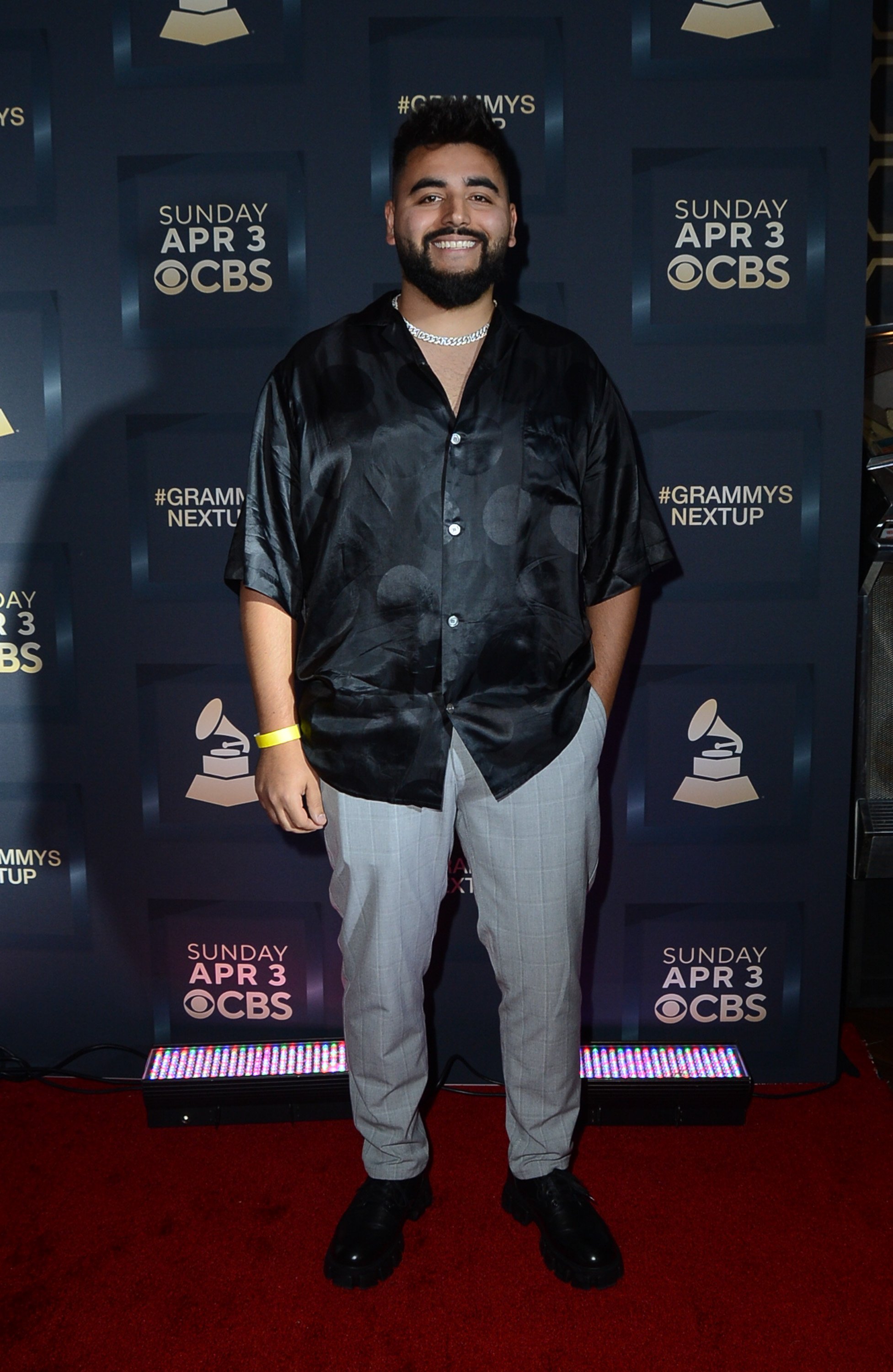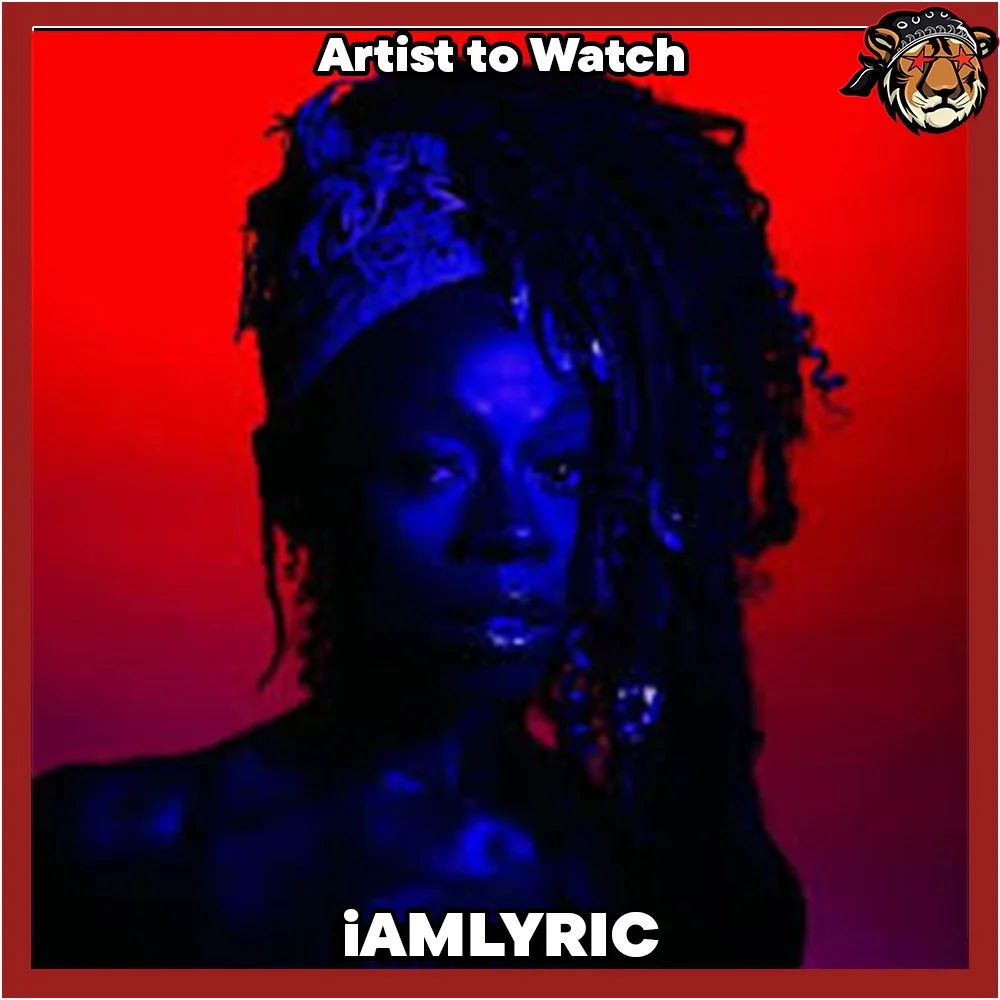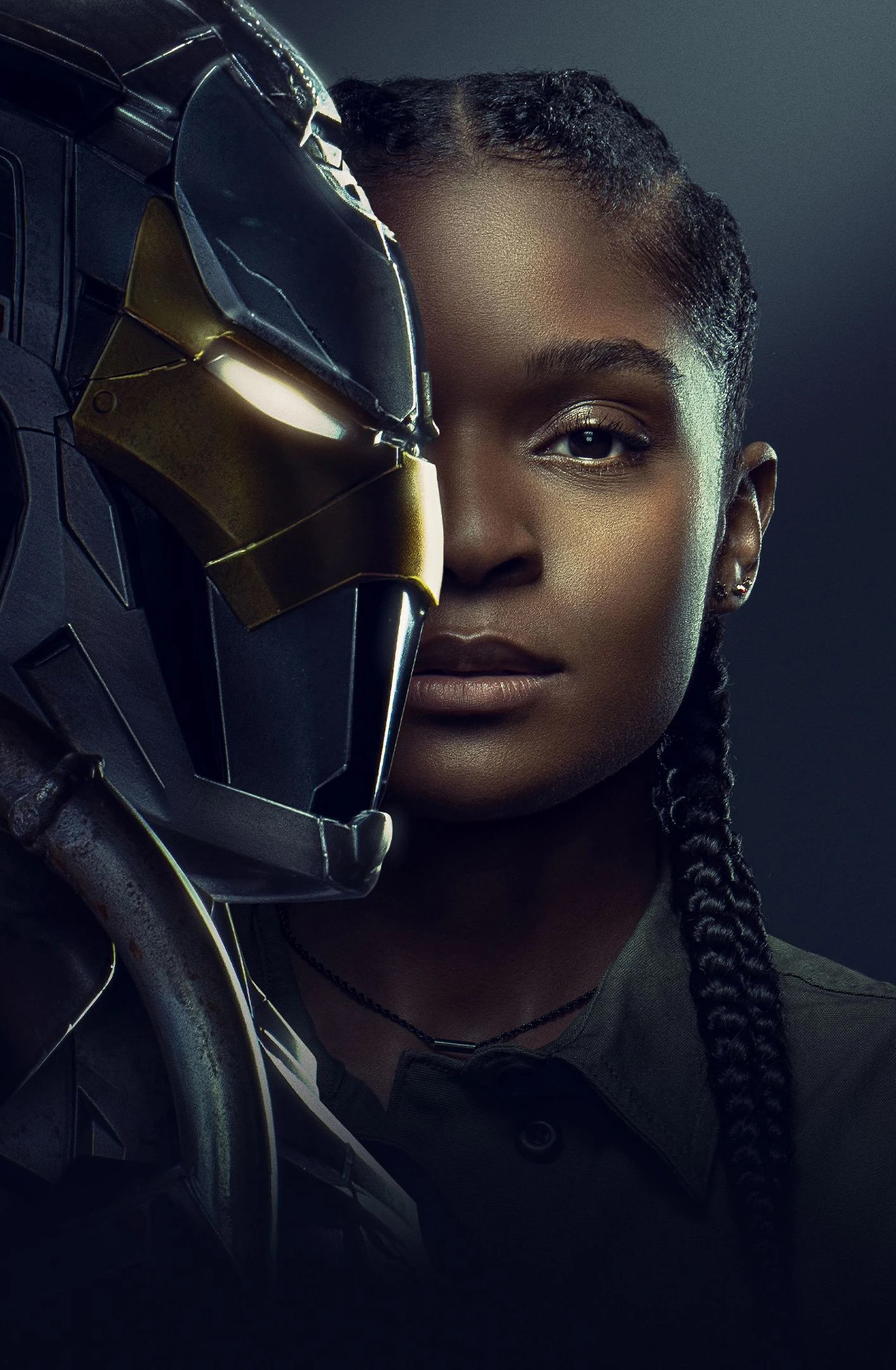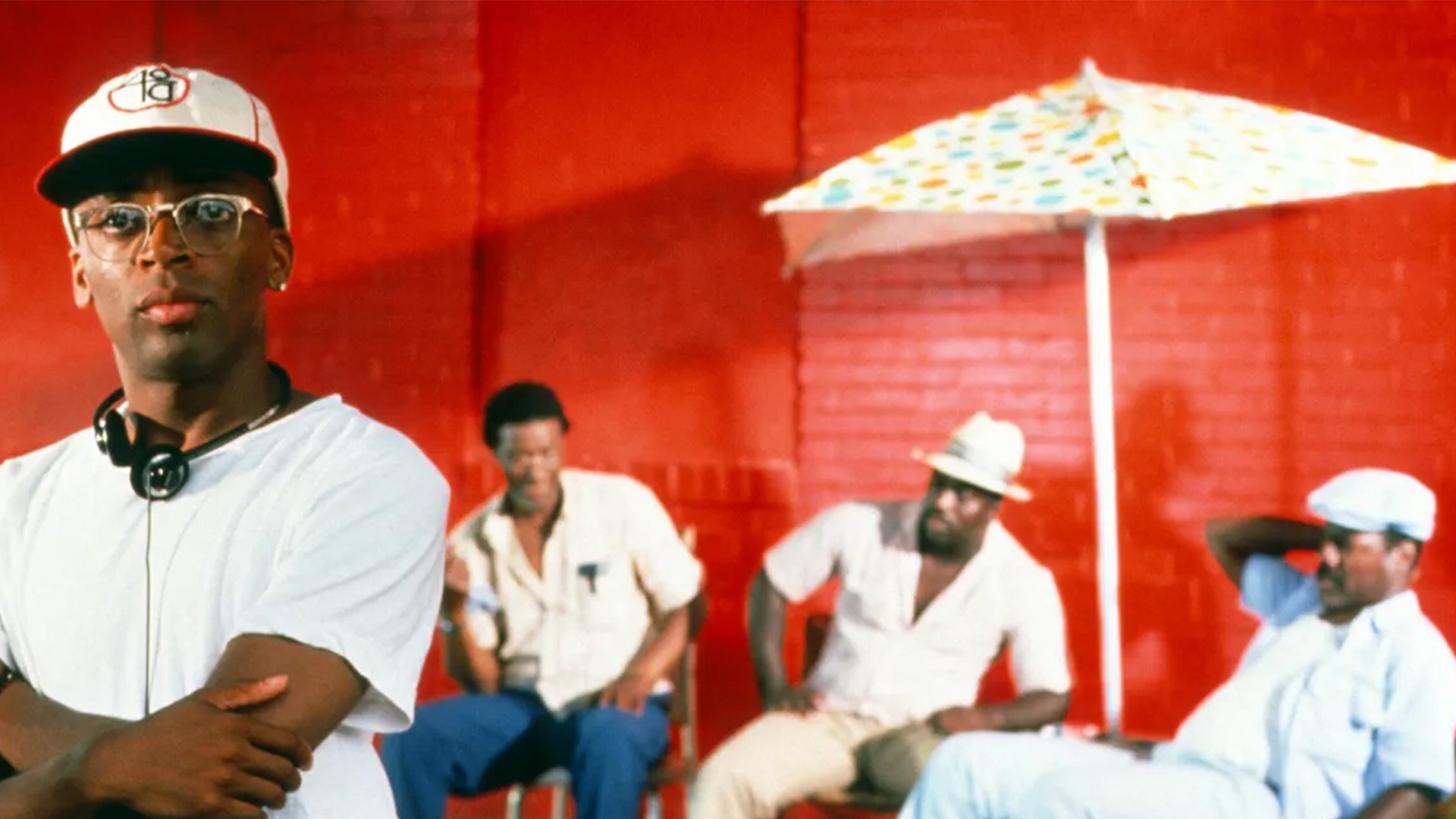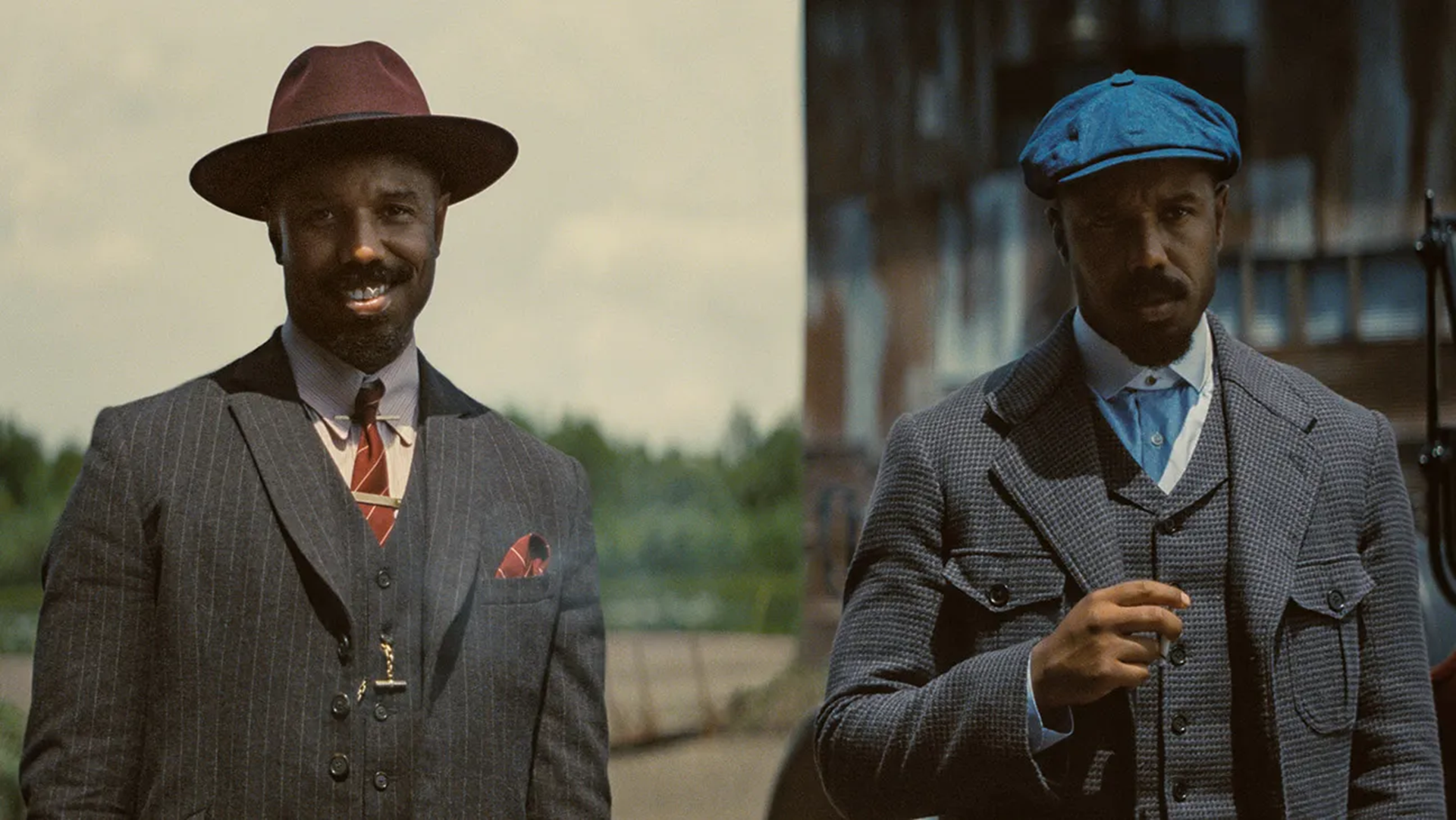Roy Lenzo - A Conversation On Belief
When you believe in your heart that you're meant for something greater than your struggles, it almost feels like the universe does whatever it can to prepare you for - what some people call - your destiny.
Whether you take stock in this particular worldview or not, you can't help but look at Roy Lenzo's trajectory and feel a bit romantic. Garnering a gaggle of Grammy nominations for his work on Lil Nas X's Montero and Industry Baby, the young LA-based producer has seemingly gone from certified couch surfer with a dream to the prodigy creating waves that the industry hopes to surf on.
"I'm grateful," says Lenzo during our conversation over the electric highways of Zoom. "Everything I went through needed to happen so that I could be appreciative when the dream finally came true. And we're here now."
Meeting both Denzel Baptiste and David Biral - the Uber talented production duo known as Take a Daytrip - helped grant Lenzo multiple opportunities that would call for him to seize his moment.
Through the journey that eventually led him to work with the eclectic Lil Nas X, the self-taught musician had his fair share of Ls that would have caused some to throw in the towel. But for Roy Lenzo, he knew every L was a lesson in disguise.
We link over Zoom for our sit-down Q&A, and when I speak with the producer, he is in great spirits and noticeably chipper. Chugging down a caffeinated beverage, the creative greets me with enthusiasm, eager to speak about the passion that saved and altered his life: music.
…
ISO: You're a self-taught musician; you also have roots in dancing. Can you walk me through your origin story?
Roy: When my mom was growing up, she wanted to be a dancer, but my grandparents were strict. So that's where it started; she put me in dance classes at three years old. I was a huge fan of *NSYNC, Backstreet Boys, and the whole Max Martin sound. Then, as I got older, my older cousin Frankie introduced me to Logic because he used it to make his music. From there, I was taking rhythms that I was learning in dance class and my favorite songs and laying them down on GarageBand - which is what I was using at the time. And I just never stopped; it was a hobby that became a passion.
During these interviews, they rarely talk about the Ls that people have taken along the way, creating a kind of fairy tale narrative. Could you talk to me about the obstacles you faced through your journey of evolving into 3-time Grammy Nominated Roy Lenzo?
You have to take way more Ls to appreciate the Ws. I remember after college, around 2017, that's when I met Take a Daytrip through one of my closest friends, Janai Clark, and I became really friendly with them. I was living on Long Island, and the studio they were working in was in Manhattan, a two-hour commute, and I didn't have a ton of money to go back and forth, but they wanted me to engineer for them at the time. I was trying to go twin days a week, then it turned into three days a week, and I would go back home and record local artists to save up enough money to be in the city for two/or three days a week again. Eventually, Denzell from Daytrip told me I could sleep in the studio. So at that point, I was in Manhattan about five days out of the week working with them. I slept on this small couch, and I used to work at Planet Fitness, so I would use my gym membership to get a free workout and shower at the gym down the street. And that became my daily routine. It was crazy doing that at the time, but I realized it wasn't crazy; it was just what I had to do in the next step of my career. Around that time, I would take a lot of gigs that I wasn't necessarily ready for and try to connect with people who didn't know who I was. They would come over, and I wasn't the most talented producer at the time, so the sessions wouldn't go well. At the time, I was a great engineer, and my production lacked, so I would say yes to sessions where the artists would say, "I want this style beat," and in my head, I would be like, crap, I haven't done that before.
So a lot of sessions went south because of that. And it taught me that it's okay to say no or be straight up and say, "Hey, I never did that before. Let's use what I have done, fuse it with your ideas, and go from there." But in doing this every day, I began to learn how to properly conduct myself in the studio. There was one artist that I worked with, and my laptop kept freezing. We were doing a session, and he got frustrated that I couldn't keep up with him. He started yelling at me, "I'm READY!" And I was like, oh shoot, my bad, bro (They laugh). But I ended up getting kicked out of that session. I had to call one of the Daytrip guys to finish the session. I was disappointed because I kept up with him and ultimately messed it up. But I learned how quickly people could change when they're in go-mode, and I'm preventing them from doing what they have to do. Since then, I tried reaching out to him to maybe work on something with him again, but he kept saying no and hurt my ego a bit, but that was an L that I learned from.
Through that explanation, you mentioned Take a Daytrip. Can you elaborate on the story of how you and Take a Daytrip linked up and became as close as you are now?
When I first met Daytrip, they were just two guys I didn't know about beforehand; I just knew they had a great thing going. I didn't know too much about synths at the time, so I wanted to know as much as I could from them. It was eye-opening to sit in their sessions early on as their engineer, sitting in the background and watching how they interact with the artist. So as they sat with the artist before they worked, they would always ask to walk with them down the street to get some food before the session. The session would be at one; it would start at three because it would be two hours of talking and getting to know each other over a meal. I remember one day that I asked them about it, and they told me they do it because artists are supposed to be vulnerable with you; you're making the beat as the producer, and you almost become a therapist for them. So, if they're not comfortable enough talking to you as a person, they're not going to be comfortable enough to record their true feelings.
So, fast forward, Mo Bamba happens, Take a Daytrip has success with that record. I didn't help with Mo Bamba, and they did that song a year before I got there, but I remember it was buzzing in New York, but it didn't have mainstream success at that point. From that, they were able to start their joint venture with Universal called No Idol, and I was the first producer signed to that. All of that came off of the back of Mo Bamba. Shortly after that, Take a Daytrip brought me to a session they were doing with Big Sean. I remember it was a random Wednesday, and they hit me up telling me to come to a session with Sean, which was two or three weeks after my deal was signed. Sean is someone that I idolized for years, so this was crazy to me. But I went; I met Sean, he had a great vibe, and he was working on Detroit 2 at the time around May 2019. We did a jam session, he invited all of us back on that Thursday, and then Friday came.
Someone on Big Sean's team reached out to let me know that he likes me and asked if I would want to come back. Daytrip had to go out to London around that time, so I had to go by myself. During this time, Big Sean and I didn't really make any music, but we just got to know each other. He wanted to know my story, what I work on in my free time, and on my own. The whole point of him reaching out was that he just wanted to talk. I have a picture of it on Instagram. We were sitting there for a few hours, and we were talking about his come-up, how he relates to me, and how someone put him on. We had Johan Lennox and Amir Johnson with us, and we were all just needing out on beats and the history of Hip-Hop. But he was such a genuine dude that I realized there are people in this industry, at the top, that are great, and if they're not, they should be.
And is this around the time you met Lil Nas X?
Yeah, the following month is when we first worked with Lil Nas; Daytrip worked on Panini, and I worked on Rodeo with them. And then the song came out two/three months later. But that officially kickstarted my career. I was able to get into A&R meetings that I wasn't able to before, and many people in New York were trying to figure out who I was. So it was a great experience from the jump. Everything was motivated by the idea of working with people off of great vibes and not for clout; I would say that has worked in my favor.
How much does working with people based on their vibes instead of clout help prepare you for working with Lil Nas? What has it been like working with him, and how have you grown closer in this working relationship?
I spend a ton of time that never truly had a direction, pre-Lil Nas. I had to guide them toward the music they wanted to make and help them figure out how they wanted their voice to sound. Once I started working in the industry a little bit, I worked with more seasoned artists who already had a vision. So, by the time I met Lil Nas X, he was at the point where he kind of knew where he wanted to go and had a crazy palette for music, so it was great. He was able to put me on to music that I had never heard of and different rhythms, so while he wasn't a seasoned artist, he still knew a lot which allowed us to experiment with alternative and even R&B at some points.
We did Rodeo, and we weren't close at all around that time. Fast forward a couple of months later, I was out in LA and me and Daytrip would just go out to eat with Lil Nas X. We worked on music around this time, but nothing really stuck, but Nas just enjoyed the vibe of being around us, and it felt like he was apart of the group for a bit. When the pandemic started, he put us in a group chat and said that we were all about to be locked down and wanted to lock-in. So, we would get an AirBnB once a month, every other month, and bring all of our gear to these houses and just create because we had nothing but time. So, we pull up Monday through Friday, sometime seven days a week. We were making music, sometimes just hanging out. Some AirBnBs had pools, hot tubs, and huge TVs where we would watch random videos, music videos, and interviews on YouTube.We were able to connect; personally, that was deeper than music.
Lil Nas would fly his brothers out and stay with us. He has a huge family, so it was cool to get into his world and see the people he grew up with. And they are just as much as characters as he is, and it makes sense why Lil Nas is so funny because his brothers are hilarious. They should definitely have their own TV show. The pandemic was an opportunity for us to get to know each other on a level that would transfer over into our music. Whether the music was released or it didn't, everything was organic once we began to lock in. We all got closer, and it led to some creative ideas and moments for all of us in those sessions. I will literally remember this forever.
Jumping off of your point about connecting with Take a Daytrip and Lil Nas X on a personal level, great music was made out of this friendship. You worked on Monterey and Industry Baby - two of the biggest songs in the past couple of years - which, while terrific, were also polarizing to some people. With that being said, did you guys know Lil Nas X wanted to take his music in this direction? With the accompanying music videos and themes?
Yeah, for sure. By the time we worked on those songs, we had already spent so much time together we knew him on a close personal level. So when we were working on those songs, it felt like it was just us clicking and working on great music together and a platform for Lil Nas X to say what he wanted to say. None of the content was that crazy to us because we had already been in the circle with Nas for a while at that point. So by the time those songs came out, they were already over a year old to us because we had worked on them for so long. So for the world to have such a late reaction, it was funny. Yeah, it's one of our favorite songs, but because we're producers, sonically, we loved those songs as well. We had spent so much time on the lyrics, making sure everything sounded pristine so that it was clear what his message was in the songs. So I didn't really think about how people would perceive it negatively. It was a song pushing boundaries in more ways than just the content, but it was interesting to see how people reacted for sure.
When it comes to music videos, Nas X is always writing treatments and creating storyboards on his phone. As he's thinking of the music video, he would be telling us to see our reaction and get some commentary from us. We never really gave him too much instruction on what we felt would be changed because I thought nobody would be able to tell his story better than him. He would be like, "I want to have the devil in the music video, and it would be cool to give the devil a lap dance," and we would be just listening to him get his ideas off. And then, by the time the video comes out, it's precisely what he said it was going to be, and that's incredible for an artist to have a vision and really go after it. The videos are always crazy, but you enter into a whole new world when you really take in the videos. It's amazing to see that come to life. He really opened my eyes to different things. I feel like people weren't ready for songs like that. It's cool to see so many other artists who are following suit after Montero and Industry Baby and living out their truths. Lil Nas inspires me to want to do more creatively, especially ideas that maybe I was reluctant to try.
How did it feel for all of you guys to get songs like Industry Baby and Montero in sync-licensing agreements when its reception was so polarizing? Was it hilarious in some instances?
Of course! If that artist were anybody else, they would have used that song regardless. So we made an undeniably great song, and anybody who likes contemporary music will mess with that music. Every sports category used this song, and it was cool to see that maybe this song may have been a part of the new generation of people being more open to new ideas. It also feels like the world became a bit closer through Lil Nas' songs because maybe people were insecure about their own thing in a way, and they get to watch Nas slowly but surely get acceptance from everybody and be everywhere; maybe that will encourage more openness. Before a song like Montero may be a little niche for some people, conically and lyrically, but then you get a song like Industry Baby, and people can't deny that that song slaps. Then they go back to Montero, and their opinions change, and they come to really like that song. So, with Lil Nas X, we get the best of both worlds; we get to make great music, and we also get to push ideas forward.
I don't recall having any conversations with the team about the songs getting sync-licensing agreements and placements too much. We knew that Industry Baby would get those placements in sports commercials regardless because it sounds so triumphant, and there is nothing that sounds like that right now.
And your efforts on these huge songs have gotten the attention of some prestigious names in the industry. You were nominated for three Grammys! Now, I know you didn't win, but getting nominated for these awards is a W where I'm from. So, congratulations! You had a vision, and you proved yourself correct. So, how did your family react to this accomplishment? And how does that young Roy Lenzo inside of you feel?
It was an eye-opening experience for my parents. They've been divorced for about 15 years, so I brought them to the Grammys. I brought my sister, aunt, and two kids, my girlfriend, and they celebrated everything together. It was a great experience for my parents to be getting along. I was disappointed that we didn't get a win as it would've been icing on the cake, but more than that, it proved to everyone that you could really do whatever you want; you just have to put the time and effort in.
I didn't get much support from my father when I was sleeping on that couch in the studio because he's a finance guy. He always told me that I needed to get a real job and do school, and I would brush him off like, " Nah, bro. There is no plan B." But, you have to put all of your time and energy into one thing, and it will all play out, I swear. So, to see my dada and mom get along and celebrate with each other was astounding. That was bigger than a Grammy win for me. Also, everyone. Growing up where I'm from, many people get stuck doing what they don't want to be doing and proving that point that anything is possible, which means a lot. We all hear these stories about our favorite actors and athletes, but then to see someone you know pursuing your dreams, I feel like that is what this is all about.
I love that. Do you have any advice for upcoming artists, A&Rs, producers, or anybody who wants to chase their dreams?
Yeah, it's what Kanye said throughout his documentary, "if you don't believe in yourself, nobody else will." So you have to know what you want to do. And what you have to do to get it. Whether that may be sleeping on a couch or putting yourself in an uncomfortable situation, I genuinely feel people work their best when their backs are against the wall. I carry that mantra with me through everything. In everything I do, I put myself in that uncomfortable situation. People get afraid of what happens if it doesn't work but that only happens when people give up too early. I remember seeing this picture of this guy holding a pickaxe, and he gets so far in digging but decides to give up. If he had stayed at it for a bit longer, he would've struck gold. That's literally how I look at life in regards to chasing dreams. No matter what the situation is. It's not about the money. It's about staying true to what you love to do.

